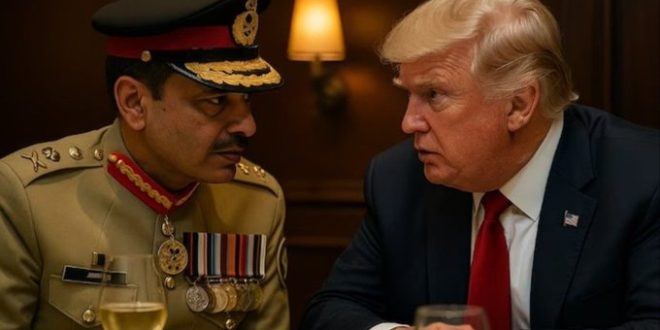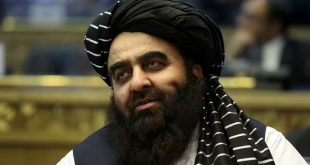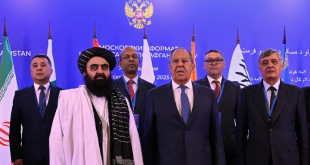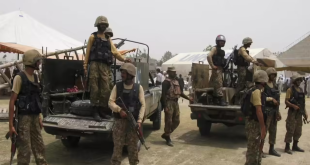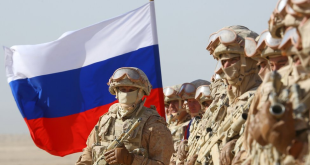KABUL — In a dramatic shift in regional diplomacy, Pakistan’s Chief of Army Staff, General Asim Munir, met with U.S. President Donald Trump at the White House on Wednesday to propose a renewed partnership aimed at countering terrorism threats emerging from Afghanistan. The meeting — highly unusual for a sitting U.S. president to grant a military chief such access — has sparked widespread debate in Washington, Kabul, and New Delhi.
The offer, revealed by former U.S. Special Envoy for Afghan Peace Zalmay Khalilzad, centers on Pakistan’s military playing a larger role in safeguarding American interests in Afghanistan. Khalilzad described the proposal as an attempt by Munir to “subcontract the protection of U.S. interests, including counterterrorism, to the Pakistani military.”
Khalilzad, however, issued a sharp rebuke of the idea, warning that “General Asim Munir cannot be trusted.” In a detailed post on X (formerly Twitter), he cited the Pakistani military’s long-standing record of duplicity, accusing it of accepting billions in U.S. aid while simultaneously offering safe haven to insurgent groups, including the Taliban and al-Qaeda.
“President Trump knows that the Pakistani military has long played a double game with us,” Khalilzad wrote. “During our military presence in Afghanistan, they provided sanctuary to those who were killing our forces. We found Osama bin Laden comfortably hiding near a Pakistani military facility. And the man who helped us find him, Dr. Shakil Afridi, is still imprisoned in Pakistan.”
General Munir’s visit, which reportedly included closed-door sessions on intelligence cooperation, regional trade, and potential mineral investments, marks a significant diplomatic gamble. Trump, known for his unpredictable foreign policy maneuvers, is said to be weighing a new South Asia security strategy ahead of the November elections — one that potentially includes restoring ties with Pakistan’s military establishment.
The White House has not issued a formal readout of the meeting, but images of the two men shaking hands have already stirred controversy abroad.
In India, the meeting has ignited political backlash. Indian officials condemned Trump’s earlier remarks claiming he helped avert a recent war between India and Pakistan, insisting that no third-party mediation occurred. Indian analysts fear that Trump’s embrace of Munir could embolden Pakistan’s regional ambitions and destabilize the delicate security balance in South Asia.
In Kabul, reactions have been cautious. Afghan officials, already alarmed by increasing cross-border insurgent activity and the Taliban’s fragile grip on power, worry that a U.S.-Pakistan security pact could sideline Afghan interests. Some observers argue that any counterterrorism strategy involving Pakistan must include robust guarantees to prevent a repeat of past betrayals.
While General Munir’s outreach underscores Islamabad’s desire to rehabilitate its relationship with Washington, analysts remain divided on whether Trump — or the broader U.S. foreign policy establishment — is willing to entrust regional security to a military widely accused of undermining past American efforts in Afghanistan.
 Afghanistan Times Latest News and Analysis from Afghanistan and the Region
Afghanistan Times Latest News and Analysis from Afghanistan and the Region
